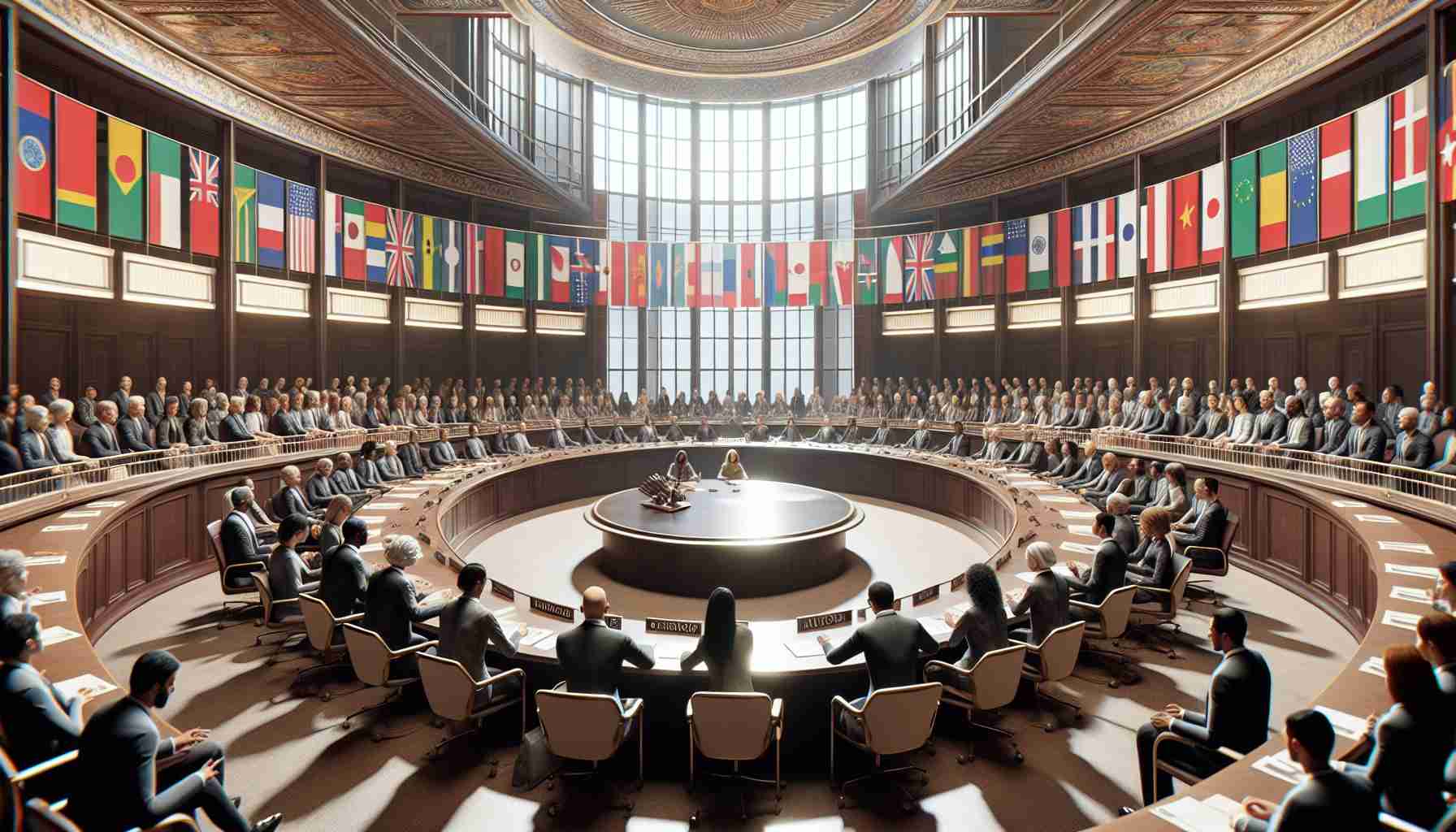Creating a Responsible Future with Artificial Intelligence
On the 17th of May, at a gathering of foreign ministers representing 46 countries, a groundbreaking agreement regarding the use of artificial intelligence (AI) was reached during a Committee of Ministers of the Council of Europe meeting. This pact is intended to ensure that AI is used responsibly and in accordance with human rights, the rule of law, and democratic values.
Establishing the Framework for AI Governance
Maria Pejcinovic Buric, Secretary General of the Council of Europe, emphasized in a press release the commitment to uphold fundamental human rights while embracing the advancements in AI technology. This groundbreaking framework, known as the Council of Europe’s Convention on Artificial Intelligence, Human Rights, Democracy, and Governance, is the first legally binding international treaty dealing with AI technology. Notably, it opens the possibility for non-member states to become signatories as well.
Two Years in the Making: A Collaborative Effort
The framework agreement is a culmination of two years of concerted effort by an intergovernmental group from the 46 member countries of the Council of Europe, which also included 11 other countries such as the United States, Australia, Canada, Israel, among others. The joint force not only consisted of state representatives but also brought together experts from academic spheres, private sector entities, and civil organizations, all dedicated to shaping the landscape of AI governance.
Important Questions and Answers:
Q: What are the main objectives of the Council of Europe’s Convention on Artificial Intelligence, Human Rights, Democracy, and Governance?
A: The main objectives of the Convention are to ensure that AI technology is developed and used in a manner that respects human rights, complies with the rule of law, and reinforces democratic values. The agreement aims to prevent the misuse of AI and to establish legal norms for AI governance.
Q: Who can become a party to this international treaty on AI?
A: While the treaty was initiated by the Council of Europe, it is open for signature by its member states and non-member states alike. This inclusivity means that any country that aligns with the treaty’s principles and is willing to commit to its provisions can potentially become a signatory.
Key Challenges and Controversies:
One key challenge in reaching an international consensus on ethical AI use is the differing legal, cultural, and political environments across countries. Balancing the diverse interests and values can be complex, and there might be disagreements on certain foundational principles.
There is also some controversy surrounding the enforcement of such agreements. How to monitor compliance and what actions should be taken against those who violate the terms remain open questions.
The rapid pace of AI advancements poses another difficulty. The ethical framework will need to be adaptable to future technological developments to remain relevant and effective.
Advantages and Disadvantages:
Advantages:
– Establishing a common ethical ground for AI use can facilitate international cooperation and foster trust between nations and their citizens.
– A legally binding treaty can give clear guidelines for developers and users of AI, potentially decreasing harm and misuse.
– Standards for AI governance can drive innovation in a direction that is responsible and sustainable.
Disadvantages:
– The process of reaching a consensus might slow down the pace at which necessary regulations are implemented.
– Stricter regulations could potentially hinder technological advancements or make it more difficult for startups and smaller companies to compete.
– There might be issues of jurisdiction and enforceability, especially when dealing with global technology companies whose operations span multiple legal territories.
Suggested Related Links:
– Council of Europe
– United Nations
– IEEE Standards Association
These links lead to the main organizations that are active in AI governance and ethics discussions globally, including the Council of Europe, which is responsible for the treaty mentioned in the article, as well as the United Nations and the IEEE Standards Association, which are also involved in setting and promoting international standards for technology and ethics.

